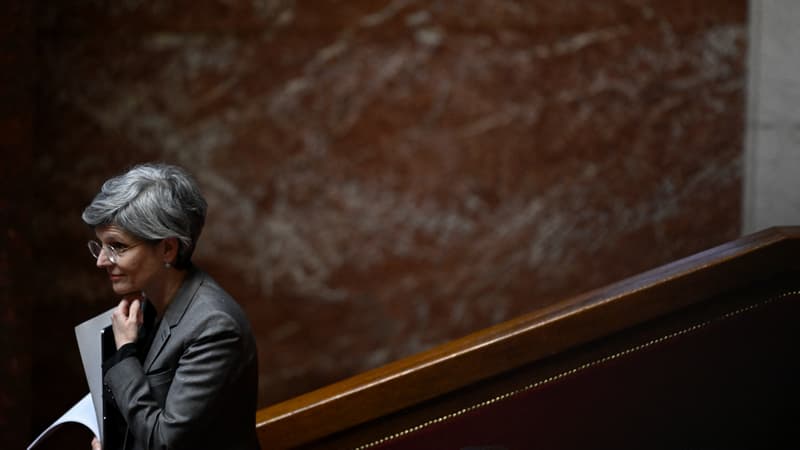The first reading test end of life bill in the National Assembly began this Monday, May 27. The creation of assistance in dying, provided for by the text, divides even within the different tendencies of the chamber. And for some deputies, the question is even more unique because it echoes personal experiences.
How can we not start by mentioning Olivier Falorni? Rapporteur of the bill, the MoDem deputy has been on the front line for years. Already in 2013, during questions to the government, he spoke of the death of his mother after cancer and the “absolute suffering of a loved one who can no longer bear not to leave.” “Dignity is a right, it requires a law, it is our duty,” he stated.
In favor of the executive’s bill, Sandrine Rousseau also experienced a personal tragedy. “I helped my mother die. She committed suicide and I was present. Who would I be to prohibit her from doing so?” declared the environmentalist parliamentarian on April 24 before the special commission in charge of examining the text.
His mother committed suicide in 2013. At age 68, she decided to end her life by taking medication, after years of fighting cancer.
“You are totally devastated”
Socialist MP Christine Pirès-Beaune also had to face the death of her mother, who was left in a coma for several weeks after suffering a stroke. Enough to fuel her thoughts about the end of life.
“I tell myself that these weeks have not brought anything positive to those close to them. We would have done without it,” the elected official of Puy-de-Dôme testifies to BFMTV. “In any case, if I had been in my mother’s situation, I would have wanted to do without her and I would have wanted to activate her assisted death.”
The thinking of these elected officials also runs deep in the medical community. Example with Caroline Fiat, with her experience as a caregiver. The rebel deputy, a supporter of assisted dying, tells BFMTV the story of a patient:
“He asked us to leave the medicine cart in the room, telling us ‘I’ll take care of it’, and there you are totally dejected. You tell yourself, I’m a caregiver, my job is to respond to the patient’s request and I can’t respond.”
“I didn’t kill my father, I helped him”
Other deputies, also faced with tragedies, spoke out against the bill. At the special committee, Les Républicains deputy Philippe Juvin spoke from his personal experience.
This professional anesthetist-resuscitator is in favor of the current law, known as Claeys-Leonetti. He explained that he had “practiced deep sedation (permitted by this text, editor’s note)” at his father’s house.
“I didn’t kill my father, I helped him. The difference is fundamental,” he said.
Like him, André Chasseigne, leader of the communist deputies, is against the government text, going against the trend of the majority of left-wing elected officials. And this, despite the “terrible shock” of the death of his brother, who committed suicide after several years of chemotherapy, as reported in Le Figaro.
Despite everything, the Puy-de-Dôme parliamentarian fears that the law “opens the door to successive advances that could, in the long term, push people who feel guilty about aging or costing their children dearly to want to start end it.” He confided to Le Figaro that this vote “destroys him” and “betrays” what his brother “would have wanted.” An illustration of the tensions that elected officials face in this text.
Source: BFM TV


